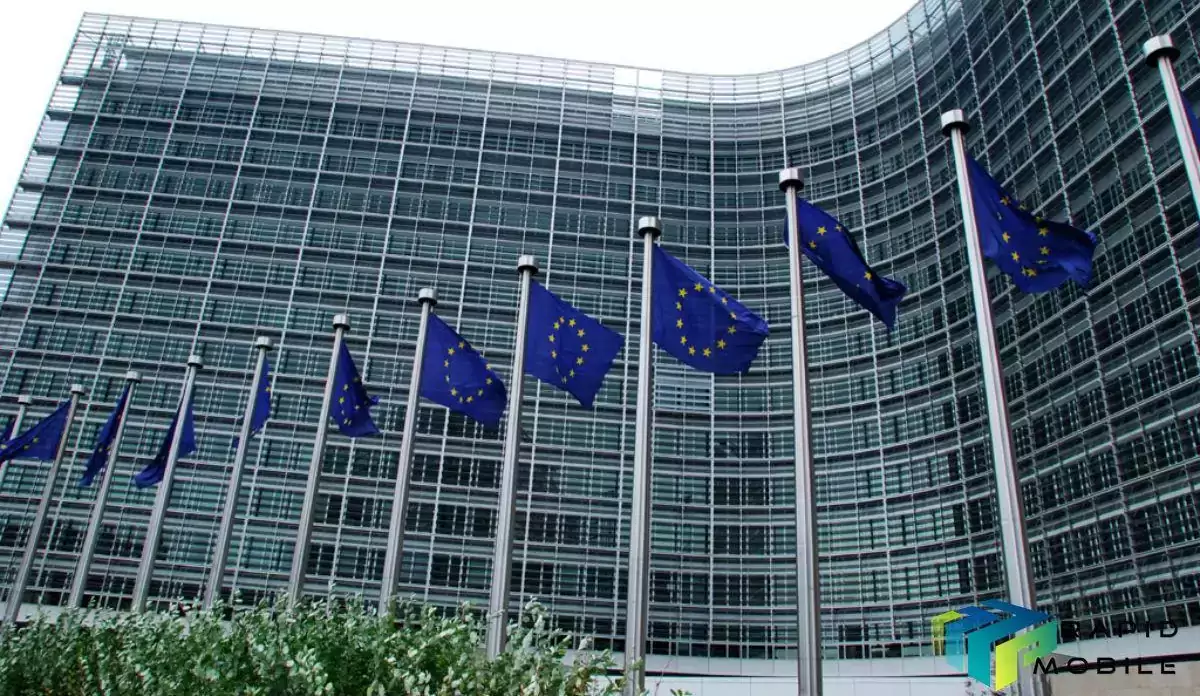The EU Commission has published a draft of interoperability requirements for iOS and iPadOS, explaining in detail which functions of the operating systems Apple may no longer restrict to its own “connected devices” such as Apple Watches and AirPods.
The aim is to enable other manufacturers of smartwatches, headphones and VR headsets to offer similar functions in conjunction with iPhones that were previously reserved for Apple’s own devices.
Specifically, this concerns the important areas of interactivity, data transfer and device setup, where Apple accessories usually excel with particular convenience.
According to the EU Commission’s draft, Apple must ensure that other smartwatches, for example, receive messages in full and that they can be answered directly.
Manufacturers’ iPhone apps should also receive extended rights for background activities, for example to download data and transfer it to the smartwatch.
Here, too, there are currently restrictions in the interaction with watches from other manufacturers. Other headphone manufacturers will also be able to quickly switch audio between devices, as is the case with AirPods.
To improve data transfer, Apple must also ensure interoperability with AirDrop, AirPlay, Wi-Fi direct connections, media casting and the detection of devices in the immediate vicinity of the iPhone. The pairing of AirPods should also be open to third parties.
Apple is also no longer allowed to reserve functions such as the convenient transfer of Wi-Fi passwords to its own connected devices for its own hardware.
With regard to NFC, the EU Commission is also demanding a further opening.
Apple must open all of this up to third-party manufacturers via “well-documented frameworks and interfaces” – and free of charge, writes the EU Commission. Apple is also clearly prohibited from restricting this technically or contractually and from deterring users with excessive warning messages, for example.
The Commission has now called on companies and users to provide feedback on the planned measures, which are prescribed by the new EU Digital Markets Act (DMA). The specific provisions could still change before they become mandatory for Apple in spring 2025.
In response, Apple has released a report titled: “It’s Getting Personal: How Abuse of the DMA’s Interoperability Mandate Could Expose Your Private Information.”
The company argues that sharing the inner workings of its systems with competitors could stifle innovation.
“Apple is the only company being forced to share its innovations in this way with everyone else, including those who do not share its commitment to user privacy,” the company said.
As with previous openings of its platform enforced by the EU, the company warns of possible data protection violations: Without the right protection mechanisms, releasing the interfaces would also allow “malicious actors” to steal personal user data.



